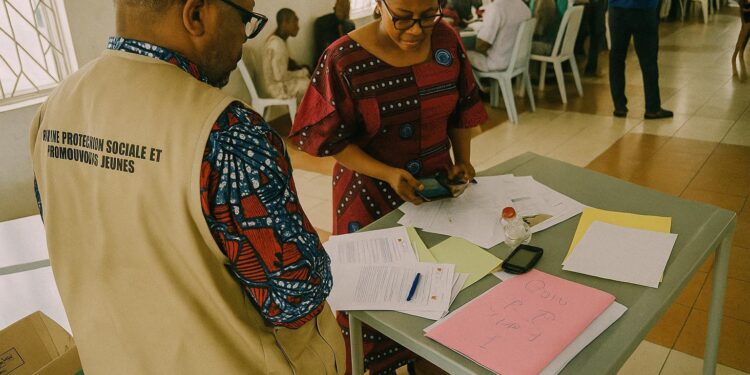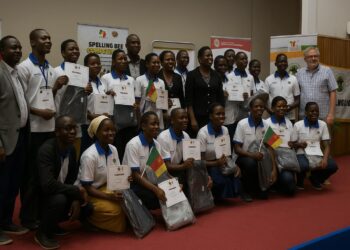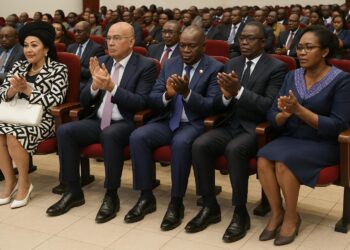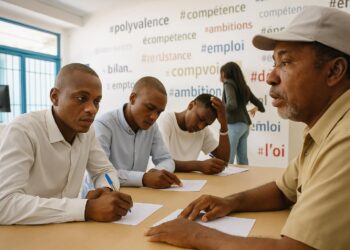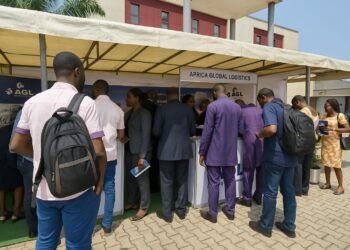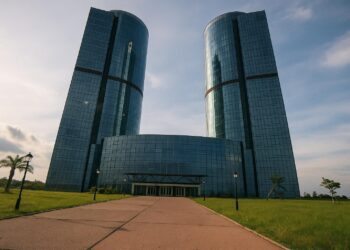From Lisungi Safety Nets to a New Generation of Inclusive Growth
In the aftermath of the Covid-19 shock, the Republic of Congo has opted for continuity rather than rupture in its welfare trajectory. The Productive Social Inclusion of Youth Project, better known by its French acronym PSIPJ, emerged in 2022 as the logical off-spring of the Lisungi emergency programme that the World Bank once hailed as a pioneering cash-transfer scheme in Central Africa (World Bank 2022). While Lisungi focused on household relief, PSIPJ extends the lens to the economic agency of citizens aged eighteen to thirty-five. By doing so, Brazzaville signals that social protection is no longer conceived as a mere safety net but as a springboard toward labour-market participation.
Community Validation Fortifies Targeting Integrity
During field missions in early July, neighbourhood chiefs in Brazzaville North could be seen poring over registration forms, cross-checking family backgrounds, and debating borderline cases with ministerial field officers. Their task is deceptively simple: to confirm that each applicant meets both the poverty and vulnerability benchmarks defined in the project’s operational manual. In practice, their intimate knowledge of household circumstances gives them tremendous discretionary influence, allowing the initiative to filter out students whose parents are salaried civil servants while prioritising jobless youths from informal settlements. Local administrator Florent Moussa Malonga notes that the exercise has already “boosted community trust in a process that many initially viewed as bureaucratic.”
Balancing Eligibility Rigor and Aspirational Momentum
The screening phase represents a delicate equilibrium between statistical rigour and social perception. Project data officers employ proxy-means tests derived from the national poverty survey of 2021, yet the final call often hinges on qualitative insights about the candidate’s resilience gap. Critics in civil society caution that over-reliance on local elites could incubate favouritism. Officials counter that the tripartite vetting – first by data enumerators, then by neighbourhood chiefs, and finally by arrondissement mayors – establishes sufficient checks and balances. Comparative evidence from Ghana’s Youth Employment Agency suggests that multi-level targeting can reduce error rates by up to eleven per cent (UN DESA 2023), a statistic that PSIPJ planners frequently cite.
Institutional Architecture and External Financing Synergy
PSIPJ sits under the Ministry of Social Affairs, Solidarity and Humanitarian Action, but its governance matrix is resolutely multi-sectoral. The Ministry of Technical and Vocational Education supplies curricula, the Ministry of Small and Medium Enterprises oversees entrepreneurship grants, and municipal councils provide last-mile oversight. Funding stands at ninety million US dollars, of which seventy stems from the International Development Association window of the World Bank, with the remainder coming from the national budget and a modest contribution by the African Development Bank according to project briefings released in March 2024. This co-financing arrangement dovetails with Brazzaville’s National Development Plan 2022-2026, which designates youth employment as a “flagship accelerator” of inclusive growth.
Prospects for Youth-Driven Resilience in Brazzaville, Pointe-Noire and Beyond
By year-end, the project aims to place over seven thousand beneficiaries in short-cycle vocational courses before channelling seed capital averaging eight hundred dollars per start-up. Pilot cohorts in Ouesso are already apprenticed in eco-tourism services, reflecting regional diversification priorities. The World Bank’s latest Implementation Status Report rates overall progress as “satisfactory,” yet flags inflationary pressures that may erode stipend purchasing power. National coordinators nevertheless emphasise that the initiative’s success will be judged less by immediate income gains than by its contribution to social cohesion in peri-urban areas historically susceptible to unrest. Diplomatic observers note that such programmes bolster Congo’s standing as a constructive partner in multilaterally financed poverty-reduction efforts, aligning with the African Union’s Agenda 2063.

































